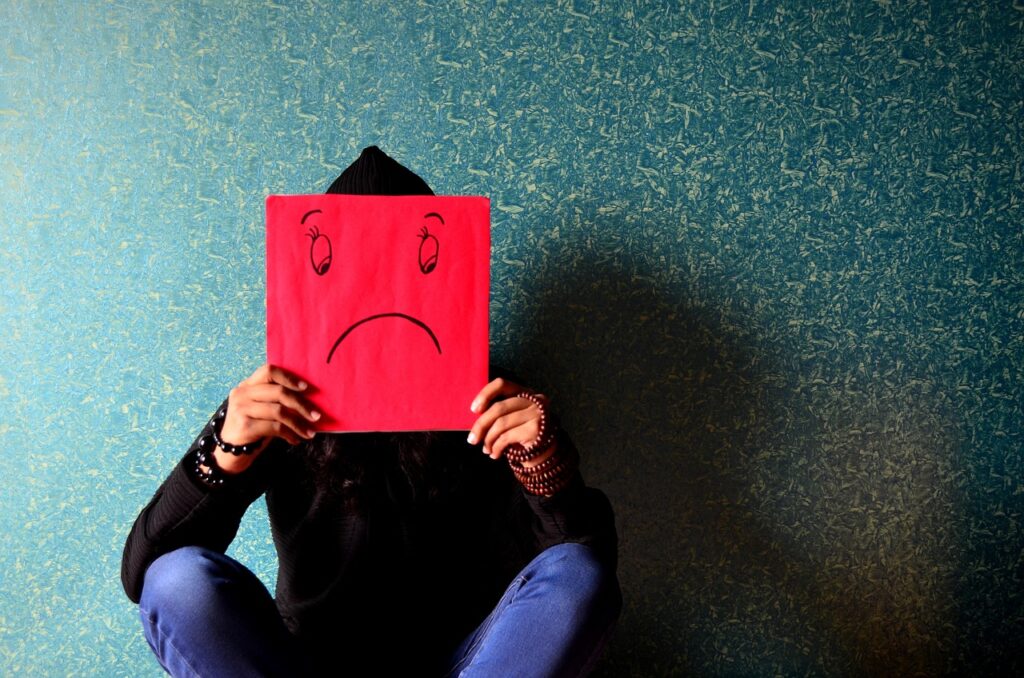
This is a brief overview for people who don’t have time to read my fuller blog articles on this subject , to be found on my website.
Childhood abuse can have significant and lasting effects on adults, impacting their physical, emotional, and psychological well-being. Here are 10 effects of childhood abuse in adults:
- Emotional Regulation Difficulties: Adults who experienced childhood abuse may struggle with managing their emotions, leading to mood swings, anger issues, and difficulty in coping with stress.
- Low Self-Esteem and Self-Worth: Childhood abuse can erode an individual’s sense of self-worth and self-esteem, leading to feelings of inadequacy, self-doubt, and a negative self-image.
- Trust Issues: Survivors of childhood abuse might find it challenging to trust others, including forming healthy relationships, due to the betrayal of trust they experienced during their abusive upbringing.
- Intimacy and Relationship Problems: Childhood abuse can lead to difficulties in forming and maintaining intimate relationships. Individuals may struggle with vulnerability, communication, and emotional closeness.
- Depression and Anxiety: The trauma from childhood abuse can contribute to the development of depression and anxiety disorders in adulthood. The long-lasting impact of the abuse can manifest as persistent feelings of sadness and worry.
- Post-Traumatic Stress Disorder (PTSD): Individuals who experienced severe childhood abuse may develop PTSD, characterized by intrusive thoughts, nightmares, flashbacks, and hypervigilance related to the traumatic events.
- Substance Abuse and Addictions: Some adults who experienced childhood abuse might turn to substances like alcohol or drugs as a way to cope with their emotional pain, leading to the development of substance abuse disorders.
- Physical Health Consequences: Childhood abuse can increase the risk of various physical health problems in adulthood, including chronic pain, autoimmune disorders, and other stress-related illnesses.
- Dissociation and Memory Issues: Survivors of childhood abuse may use dissociation as a coping mechanism, leading to difficulties in recalling certain memories or feeling disconnected from their own experiences.
- Repetition of Patterns: Unfortunately, some adults who experienced childhood abuse may unconsciously repeat patterns of abuse in their own relationships or with their own children, perpetuating the cycle of abuse across generations.
www.cfpic.org is the website for the State of California paper on the effects of childhood trauma in the state . Just to put everything in perspective Id like to quote four statistics from their paper . Child Abuse victims are 77% more likely to have educational challenges ( throughout life). 55% more likely to be arrested , 21% higher lifetime healthcare costs and 200% more likely to be unemployed. I know I said four , but here is one more …..Parents who have experienced child abuse are 35% more likely to abuse their own children.
It’s important to note that individuals respond to childhood abuse differently, and the effects can vary widely based on factors such as the severity and duration of the abuse, the presence of a support system, and individual resilience. Seeking therapy and support can be crucial in addressing these effects and working towards healing and recovery.
The ACE study found that the greater the frequency , type or severity of the abuse the worse the likely outcome will be . I have suffered with this for many years , I had different types of abuse , frequently and the severity was enough for hospital admissions . I still suffer from this every day , the effect of childhood abuse in adults should never be underestimated. As adults we often try to hide these effects and the fact that we have been abused. We don’t seek the help that we need and as a consequence we look for coping techniques , some of these can be harmful.
The list above , as its only a brief overview , I haven’t included , Epigenetic’s ( gene expression) the effect on the HPA pathway ( Hypothalamic-pituitary-adrenal axis) , Telomeres ( DNA protein structures found at both ends of each chromosome) . These areas are the subject of ongoing research and are likely a long term consequence of childhood trauma. I could also add sleep disturbance and many more areas such as the effect on the microbiome , but as this is a brief overview Ive left them out.
If want to read more on this subject , I have a blog on it and you can find this on my website.
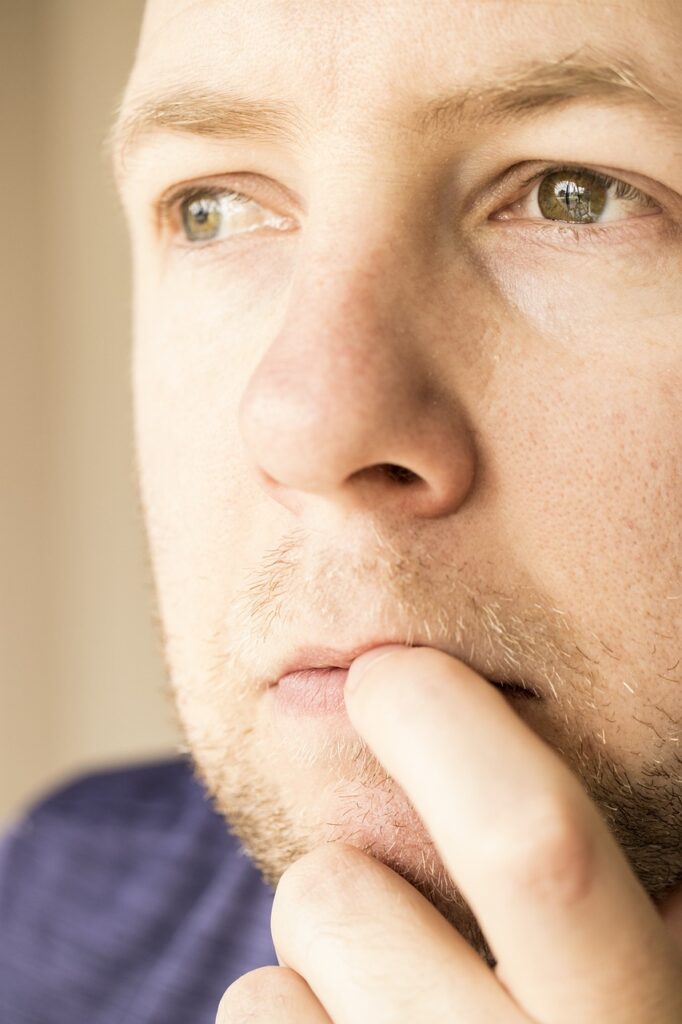


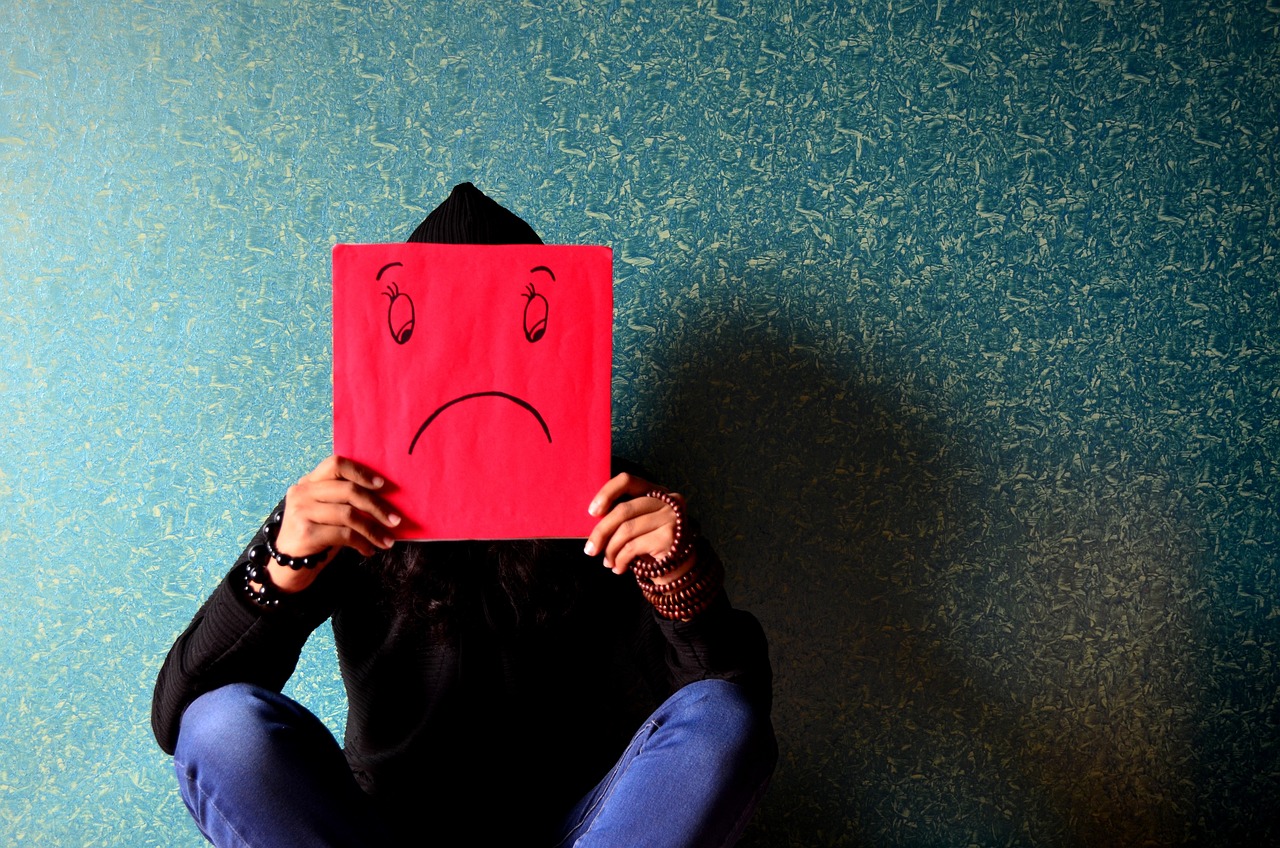
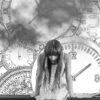


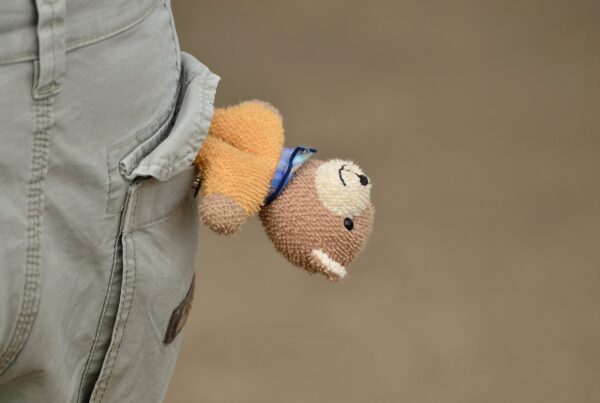
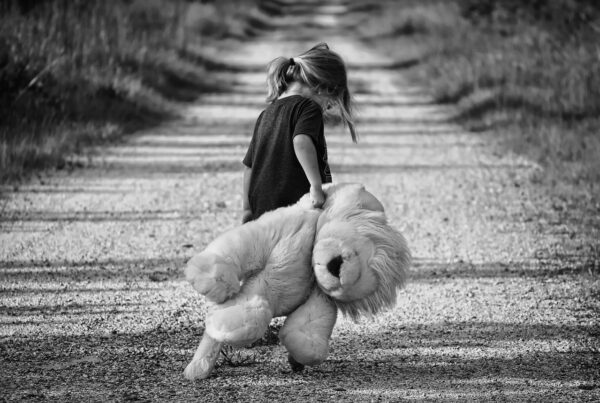

Nice post. I learn something totally new and challenging on websites